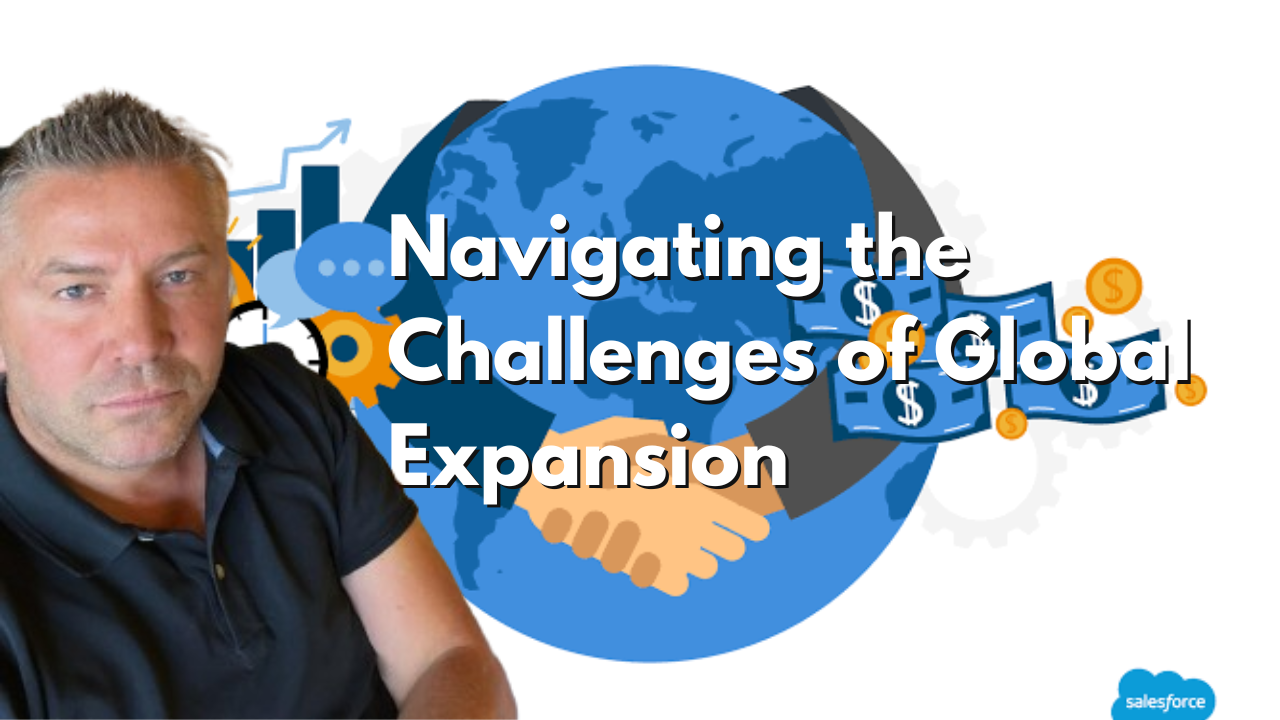
Expanding a business globally presents both opportunities and challenges, requiring strategic planning, cultural sensitivity, and adaptability to diverse markets. David Deicke, a seasoned entrepreneur with successful ventures in various industries, has navigated the complexities of international expansion with remarkable success. In this blog post, we’ll explore the challenges of global expansion through the lens of David Deicke’s international ventures, uncovering key lessons and strategies for businesses looking to expand their footprint beyond borders.
Understanding the Challenges of Global Expansion:

- Market Research and Analysis: Expanding into new markets requires thorough market research and analysis to understand local demographics, consumer preferences, regulatory frameworks, and competitive landscapes. David Deicke’s international ventures involved extensive market research to identify promising opportunities and assess market dynamics before entering new territories.
- Cultural Differences and Localization: Cultural differences can significantly impact business operations and consumer behavior in foreign markets. David Deicke’s success in international expansion can be attributed in part to his ability to adapt his business strategies, marketing approaches, and product offerings to suit local tastes, preferences, and cultural norms.
- Regulatory Compliance and Legal Considerations: Navigating regulatory compliance and legal considerations is essential when expanding globally. David Deicke’s international ventures involved navigating complex regulatory environments, securing necessary permits and licenses, and complying with local laws and regulations to ensure legal and operational compliance in foreign markets.
- Supply Chain and Logistics: Managing supply chain logistics and distribution networks can pose challenges in global expansion. David Deicke’s international ventures required optimizing supply chain operations, sourcing raw materials and components, and establishing distribution channels to ensure timely delivery of products and services to customers across borders.
Lessons from David Deicke’s International Ventures:
- Strategic Partnerships and Alliances: Building strategic partnerships and alliances can facilitate international expansion by leveraging local expertise, networks, and resources. David Deicke’s international ventures involved forging partnerships with local distributors, suppliers, and business partners to gain market insights, access distribution channels, and navigate cultural and regulatory complexities.
- Flexibility and Adaptability: Flexibility and adaptability are key to success in global expansion. David Deicke’s ability to pivot and adjust his business strategies in response to changing market conditions, customer feedback, and cultural nuances enabled him to effectively navigate the challenges of international expansion and capitalize on emerging opportunities.
- Invest in Talent and Localization: Investing in local talent and localization is essential for building a strong presence in foreign markets. David Deicke’s international ventures involved hiring local talent, establishing regional offices, and investing in language and cultural training to foster a deep understanding of local markets and build strong relationships with customers and stakeholders.
- Leverage Technology and Innovation: Leveraging technology and innovation can streamline operations, enhance efficiency, and drive growth in global expansion. David Deicke’s international ventures embraced technology solutions, such as digital marketing platforms, e-commerce platforms, and supply chain management systems, to scale operations, reach new customers, and improve business performance in foreign markets.
Conclusion: David Deicke’s success in international expansion offers valuable insights and strategies for businesses looking to expand their footprint beyond borders. By understanding the challenges of global expansion, building strategic partnerships, embracing flexibility and adaptability, investing in talent and localization, and leveraging technology and innovation, businesses can navigate the complexities of international markets and achieve sustainable growth and success on a global scale. As you embark on your journey of global expansion, remember to stay agile, responsive, and culturally sensitive, and to seize opportunities for growth and innovation in diverse markets around the world.

